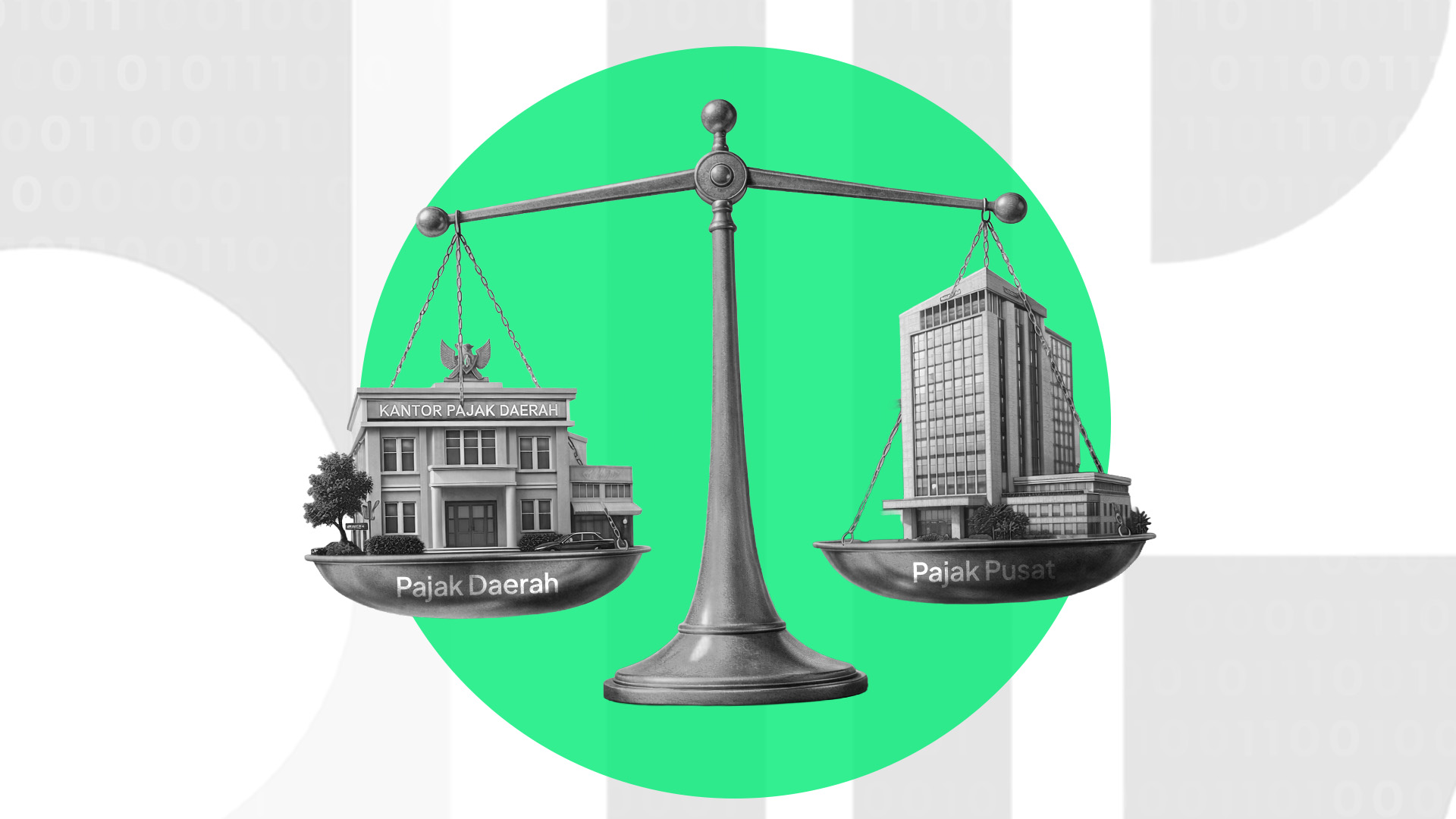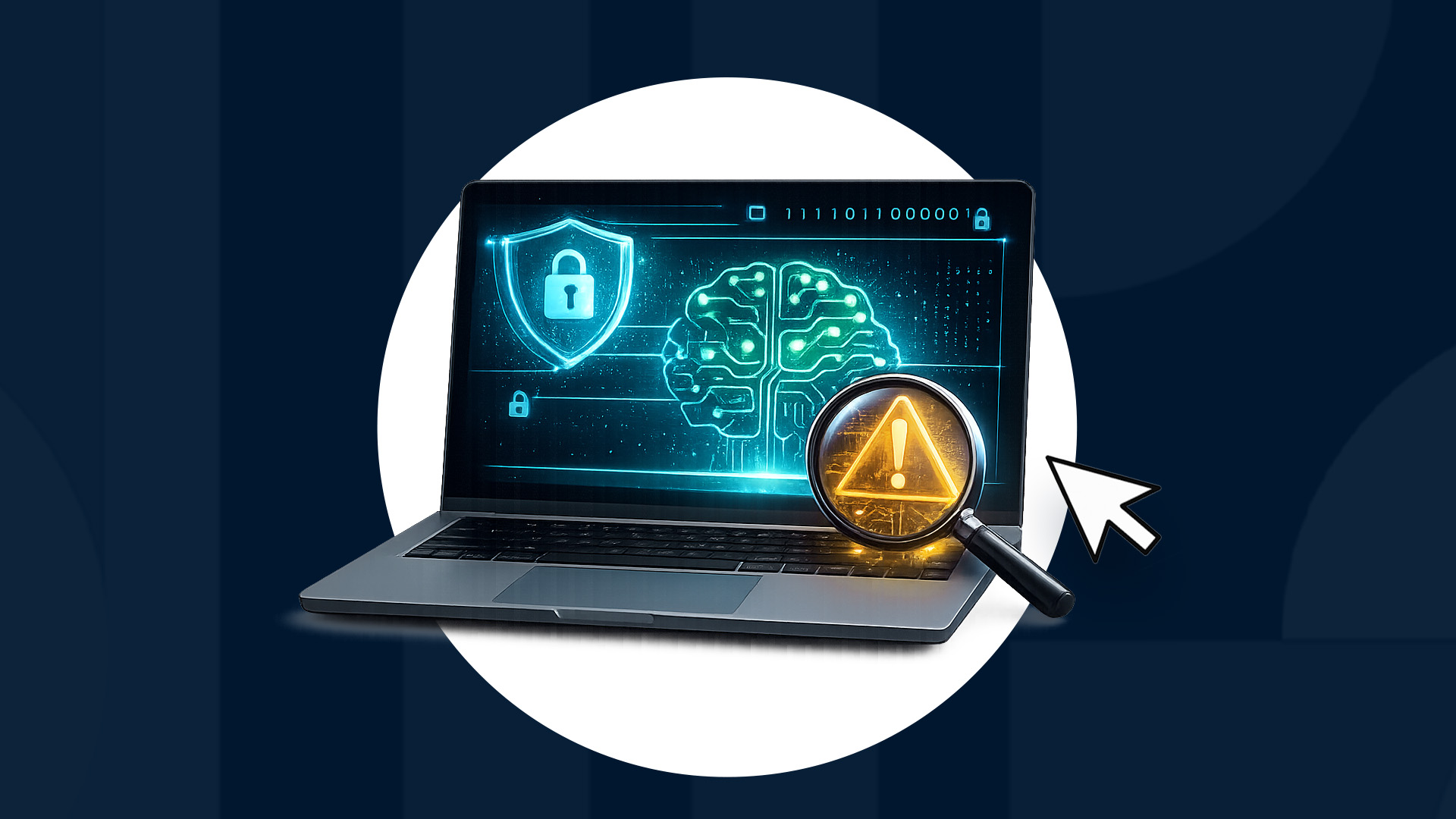The advancement of digital technology makes security awareness for personal data increasingly important. Security awareness becomes crucial as all information can be found on the internet. One way to build security awareness is through digital signatures. Digital signatures serve the same function as wet signatures, providing proof of validity and integrity.
How can we build security awareness through understanding digital signatures? Here is the explanation.
The Importance of Security Awareness
Security awareness is understanding various cyber security threats and the actions that can be taken to prevent them. It includes knowledge of how to keep information secure and skills to recognize and respond to security threats. Here are reasons why security awareness is important:
1. Reducing the Risk of Cyber Attacks
Raising awareness of security threats helps individuals and organizations proactively identify and prevent cyber attacks such as phishing, malware, ransomware, and social engineering.
2. Protecting Personal and Business Data
Security awareness is the first step in protecting personal and business data. Well-protected data reduces the risk of cybercriminals misusing the information.
3. Meeting Regulatory Compliance
Many industries are governed by strict data protection and information security regulations. Security awareness helps organizations comply with these regulations and avoid legal sanctions.
4. Enhancing Reputation and Trust
Businesses that demonstrate strong commitment to information security will gain more trust from customers, business partners, and other stakeholders. A good reputation in security can be a competitive advantage in the market.
Key Elements in Security Awareness
1. Clear Security Policies
Organizations must have clear and easily understood security policies covering procedures like reporting security incidents, using secure software and hardware, and data protection.
2. Education and Training
Ongoing education and training programs are essential for improving security awareness. Employees should be trained on the latest security threats and how to recognize and respond to them.
3. Simulations and Testing
Simulations of cyber attacks, such as phishing tests, help employees understand how threats occur and how to avoid them. This also allows organizations to identify security weaknesses and take corrective actions.
4. Implementing Two-Factor Authentication (2FA)
Two-factor authentication is a simple yet effective step to increase account security. By requiring two forms of identification before accessing an account, the risk of unauthorized access is significantly reduced.
5. Restricting Access to Sensitive Information
Only individuals who need access to sensitive information should be granted permission. This helps reduce the risk of data leaks and ensures that sensitive information remains secure.
6. Good Digital Habits
Encouraging good security habits, such as avoiding public WiFi for sensitive transactions, not clicking on suspicious links, and always logging out of accounts after use, can help protect personal and business information.
7. Using Trusted Security Software
Reliable security software, such as antivirus and firewalls, should be used to protect systems from cyber attacks. Ensure this software is always updated to handle the latest threats.
Building Security Awareness with Digital Signatures
Digital signatures are electronic methods used to verify the identity of the signer and ensure that the signed document has not been altered. Digital signatures use cryptographic technology to secure data and validate that the document is authentic and signed by the correct party.
1. Ensuring Document Authenticity
Using digital signatures ensures that the signed document is original and has not been modified. This is crucial to prevent fraud and document manipulation.
2. Enhancing Data Security
Digital signatures involve data encryption, protecting document information from unauthorized access. This is essential in protecting sensitive and personal data from theft or misuse.
3. Meeting Regulatory and Compliance Requirements
Using digital signatures helps organizations comply with regulations such as Indonesia's Personal Data Protection Law (PDP Law). Compliance not only protects the company from legal sanctions but also increases trust from customers and business partners.
4. Promoting a Security Culture
Adopting digital signatures encourages a security culture among employees. Familiarity with secure technology and understanding the importance of data security makes employees more vigilant against potential threats.
5. Efficiency and Productivity
Digital signatures make document signing processes faster and more efficient compared to physical signatures. Documents can be electronically signed and sent within seconds, preventing the risk of damaged or lost documents.
As a Certified Authority (CA) under Kominfo, VIDA offers certified digital signature solutions for securely signing various documents.
Certified digital signatures are an effort to build security awareness, starting with managing documents digitally. Coupled with digital identity verification, businesses will be more secure and maintain integrity.
Jul 04, 2024
The Importance of Security Awareness Through Digital Signatures
Security awareness is important for both individuals and companies. Efforts to build security awareness can begin with the use of digital signatures. Here's the explanation.


Types of Taxes and the Convenience of the Coretax System
Learn about the different types of taxes in Indonesia, their benefits, and how Coretax supports secure, integrated tax reporting.
February 11, 2026
.jpeg)
The New Digital Crime Economy: Why AI-Driven Fraud Syndicates are the 'Startups' of the New Era
AI-powered attacks—such as large-scale deepfake attacks, synthetic identity fraud, and automated device farms—are effectively eroding trad...
February 03, 2026

AI Used for Fraud Detection: How Does It Work?
Fraud is becoming harder to detect with traditional methods. Learn why AI is reshaping how organizations identify and prevent digital fraud...
January 28, 2026
.png)